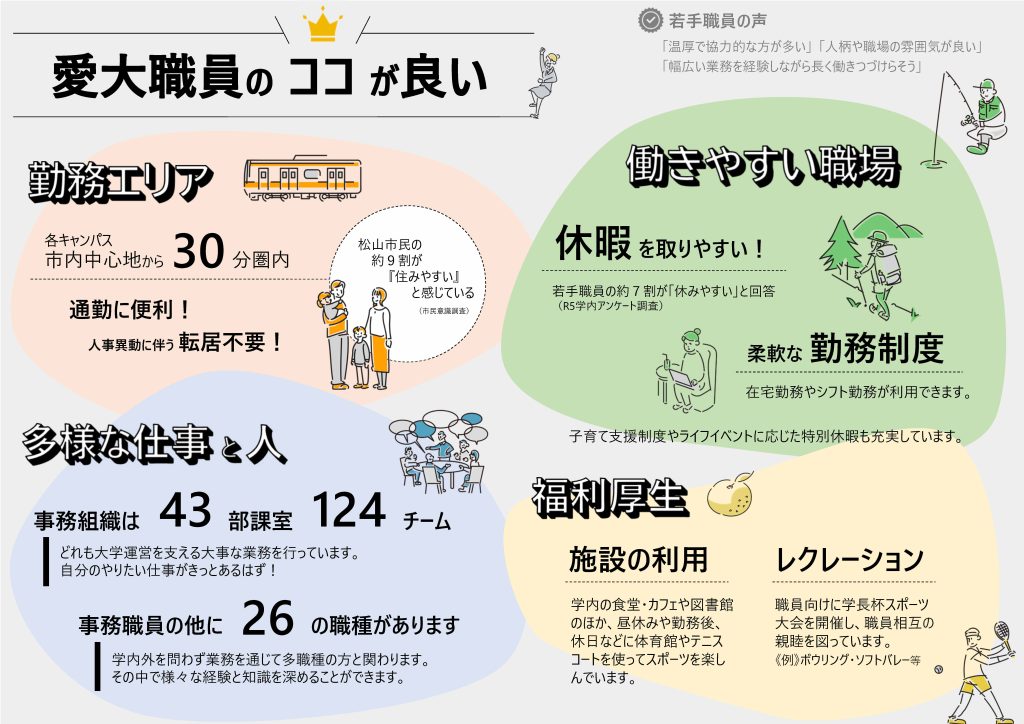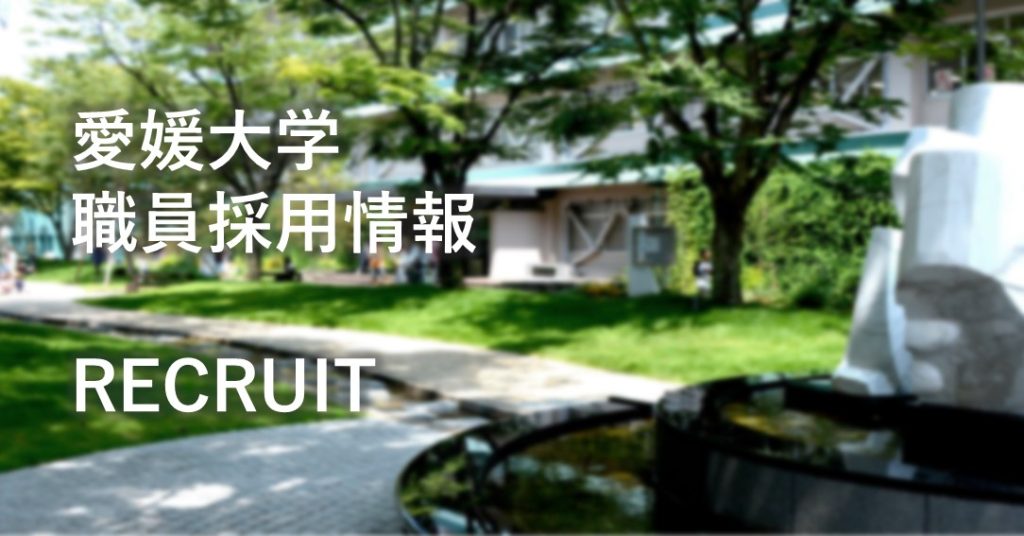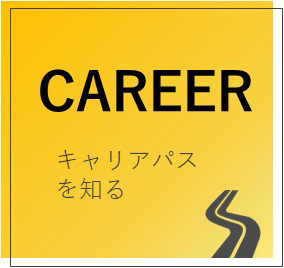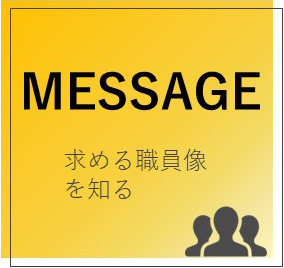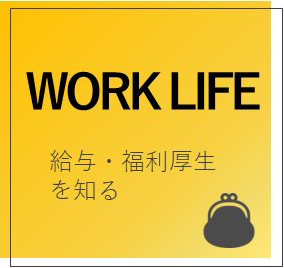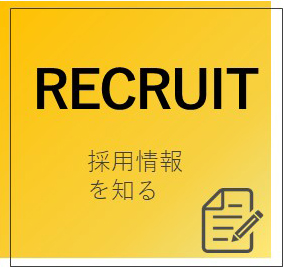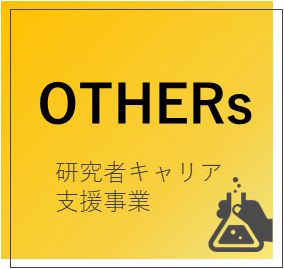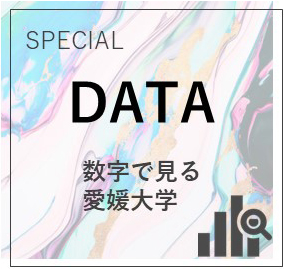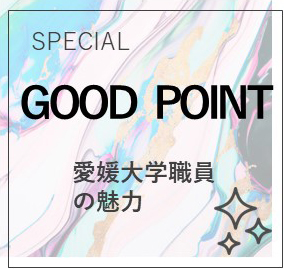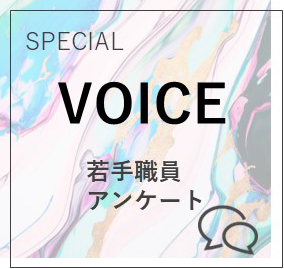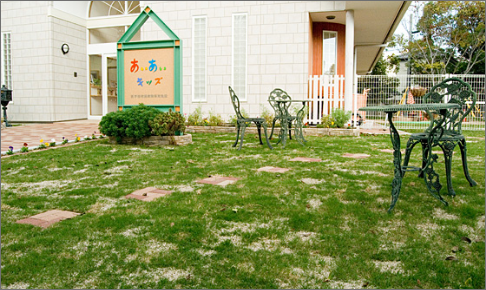Recruitment of Ehime University Staff
Basic Policy on Personnel and Human Resource Development for Administrative Staff
In the Ehime University Charter, the University sets forth its mission and basic philosophy, and establishes basic objectives in the four areas of “education,” “research,” “social contribution,” and “university administration. All employees are expected to contribute to the achievement of Ehime University’s mission and realization of its basic philosophy as stated in the Ehime University Charter.
To this end, it is essential that each and every member of the faculty and staff, as a member of the organization, continue to study diligently and grow constantly. The growth of Ehime University’s faculty and staff not only leads to the development of the University, but also makes the workplace a place where faculty and staff can feel fulfilled and proud of their work, which in turn leads to the enrichment of their own lives. Ehime University aims to realize its philosophy and to promote the self-realization of individual faculty members through staff development (SD).
On the other hand, in order to cope with the declining birthrate and aging population that Japan is facing, Ehime University needs to establish a personnel system that respects the individuality and values of its faculty and staff and gives due consideration to work-life balance.
Ehime University has therefore formulated a “Vision for Administrative Staff Personnel and Human Resource Development” and aims to establish a human resource management system that will enable administrative staff in particular to enhance their ability to contribute to Ehime University’s operations, achieve their ideal work-life balance, and fully demonstrate their abilities.
The basic policy of personnel and human resource development is to support the administrative staff to improve their own qualities and develop their abilities based on their own initiative and independence.
Required staff image
The organization that TUAT should aim for is one in which individual staff members can maximize their abilities, which will be combined to form the collective strength of the entire organization and achieve the basic goals of “education,” “research,” and “social contribution” set forth in the University Charter. Based on the above, we have established the following image of the kind of employee we are looking for at the University, and will develop human resources capable of contributing to the achievement of these goals.
Staff trusted by students and the community
As we aim to be a “student-centered university” and “a university that shines together with the community,” it is necessary for our employees to always stand on the same footing as students and local residents, and to promote university development through cooperation and collaboration. Employees who take the lead in “student support” and “contribution to the community” are required to have social common sense and high ethical standards to serve as role models for students and local residents.
Employees who understand the characteristics of the university and can act based on an objective analysis of the current situation.
Understanding the characteristics of a university is fundamental to being a member of an organization, and is used in various aspects of daily operations and is also a prerequisite for “objective analysis” when promoting new operations. Theoretical thinking, which consists of grasping and understanding the current situation, analysis, problem discovery, planning, and problem solving, will lead to reform not only of one’s own work but also of the entire organization through constant awareness of problems in one’s work, and through ingenuity and improvement.
Staff who can set goals and plans from a long-term perspective and take initiative and proactive action
We will set goals and plans from a broad perspective, taking a long-term view of changes in the social environment surrounding the university and the future management of the university, and tackle new issues proactively, while at the same time maintaining a “professionalism” as university employees, a “cost consciousness” to strive for maximum effectiveness with minimum expenses, and a “sense of responsibility” to be aware of our roles and responsibilities. By acting voluntarily and proactively with a “sense of ownership,” flexible and strategic university management becomes possible.
Recruiting Methods
Ehime University’s employment examination for staff
Ehime University has been recruiting administrative staff through the Chugoku-Shikoku Region National University Corporation Staff Recruitment Examination (hereinafter referred to as the “Unified Examination”), but since 2022, Ehime University has been conducting its own recruitment examination (original examination) based on the Unified Examination.
However, in order to ensure the fairness of the opportunity to take the examination, applicants for the independent examination are required to take the second examination administered by the University (the “Second Examination”), even if they pass the first examination of the standardized test. The applicant will not be allowed to take the examination administered by the University for the purpose of employment at the University.
For those who are eligible to take both the standardized and independent examinations, we ask that you give careful consideration to whether you wish to take the standardized or independent examination.
About Unified Examinations
The first examination will be conducted by the National University Recruitment Examination, and the second examination will be conducted by Ehime University, including an interview.
- first stage examination
- second stage examination
Recruitment Examination for Ehime University Staff (Administrative and Technical) for the Academic Year 2025
(In preparation: to be released on or after July 1, 2025)
About Independent Examinations
No entrance examination will be conducted, but screening of documents, presentation, and interview will be conducted.
Application site (Applications must be received between Tuesday, April 1 and Friday, April 25, 2025 at 12:00 p.m.)
Working Conditions and Benefits
Working hours, etc.
| Work Hours. | 8:30 a.m. to 5:15 p.m. (7 hours and 45 minutes) *This may vary depending on the position and location. |
|---|---|
| Holidays | Saturdays, Sundays, holidays and national holidays, year-end and New Year holidays (12/29 – 1/3) *This may differ depending on the type of work and location. |
| Work Location | Matsuyama City, Toon City |
| Vacation, etc. | Annual paid leave, maternity leave, nursing care leave, refreshment leave, child care leave, marriage leave, sick leave, etc. Summer vacation (during Obon), childcare leave, shorter hours for childcare, nursing care leave, etc. |
wage system
| Salary | Starting salary of approximately 180,000-240,000 yen (to be determined based on educational background and work experience prior to employment). *Salary may be subject to change in the future due to revisions in salary regulations, etc. |
|
|---|---|---|
| Other Allowances | Commuting Allowance | Employees who commute 2 km or more by walking to work are eligible for this allowance. Employees who use public transportation (up to 55,000 yen/month) Employees who use automobiles, etc. (up to 31,600 yen/month) |
| Housing Allowance | Employees who live in rented housing will receive an allowance based on the amount of rent (limited to monthly rent exceeding 16,000 yen). (up to 28,000 yen per month) | |
| maintenance allowance | This allowance is provided to employees who have dependents. -Children 10,000 yen per child per month -Dependents other than children (including assignees) 6,500 yen per child per month *5,000 yen is added for children from the beginning of the fiscal year of age 16 to the end of the fiscal year of age 22. |
|
| Other | Overtime allowance, etc. | |
| Pay Raise | Salary increases are based on work performance during the year. | |
| Year-end allowance and diligent service allowance | Twice a year (June and December) | |
welfare programme
| Health Insurance, Pension, etc. | Insurance equivalent to social insurance (pension and health insurance) (Mutual Aid Association of the Ministry of Education, Culture, Sports, Science and Technology), employment insurance, and workers’ accident compensation insurance are provided. |
|---|---|
| On-Campus Facilities | On-campus sports facilities such as gymnasiums, tennis courts, playing fields, and swimming pools are available for use during lunch breaks, after office hours, and on holidays. |
| Accommodations | Nurses’ dormitories are available for single occupancy. (New applications for Higashinagato and Shigenobu dormitories are no longer being accepted.) |
work-life balance
| nursery school | Daycare centers exclusively for faculty and staff have been established on the Jouhoku and Shigenobu campuses. Emika Kids (Jouhoku Campus), Aiai Kids (Shigenobu Campus) In addition, we promote other environmental improvements to support a balance between work and family life, such as the operation of on-campus childcare services. |
|---|
Career Support Program for Researchers
Career Support Program for Young Researchers
This is a system to assign research assistants to young researchers (female and male researchers who are burdened with childbirth and childcare) for the purpose of maintaining and promoting their research activities and providing career support.
Career Support Program for Researchers
This is a system to assign a research assistant to the researcher or to the laboratory to which the researcher belongs, on a case-by-case basis, when the researcher’s research activities are interfered with due to childbirth, childcare, treatment for illness or injury, nursing care, administrative work, etc. (Support for administrative work is limited to female researchers.)
Employment Support Program for Married Couples
In cases where a faculty member’s partner is a researcher and lives separately from the faculty member, this program allows the faculty member to be employed as a researcher at the University so that the said researcher can conduct research activities for a certain period of time.
child-rearing facility
Two locations have been established: “Emika Kids” (Johoku Campus) and “Aiai Kids” (Shigenobu Campus, Faculty of Medicine Hospital Childcare Facility). Aiai Kids” also offers a childcare system for sick children.
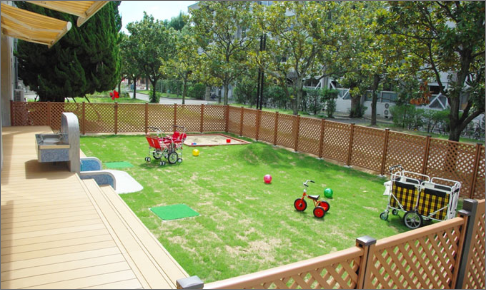
“Emika Kids”
staff quarters
��(2) “Quarters” means a residential house, etc. established by a juridical person to house its officers and employees and persons whose livelihood depends primarily on the income of the juridical person.
The procedures and details are as follows
Nurses’ dormitory (free of charge)
| Address | Shizugawa, Toon City, 791-0204 |
|---|---|
| Year built | 1 building: March 1976 / 2 buildings: February 1977 / 3 buildings: March 1978 |
| Number of buildings/units | 3 buildings, 115 units |
| Equipment & Environment | Water supply, sewerage, LP gas, flush toilet |
Application forms are available for download.
Click on the button for the application file you need. Excel and PDF formats are available. To view and print the downloaded files, you will need software that can view and print files in each format. If you do not have software that can view and print Excel format files
Download Excel Viewer If you do not have software that can view and print PDF files
Download Adobe Reader
Application Form for Renting Accommodation (Attachment No. 2 Form)
Application Form for Lending Accommodation (Storage Place for Automobile) (Attachment No. 3 Form)
The personal information provided in the application form, etc., will be used only for the purpose of carrying out the procedures necessary to make the decision to move into the staff housing, and will not be used or provided for any other purpose.
Ehime University in Figures
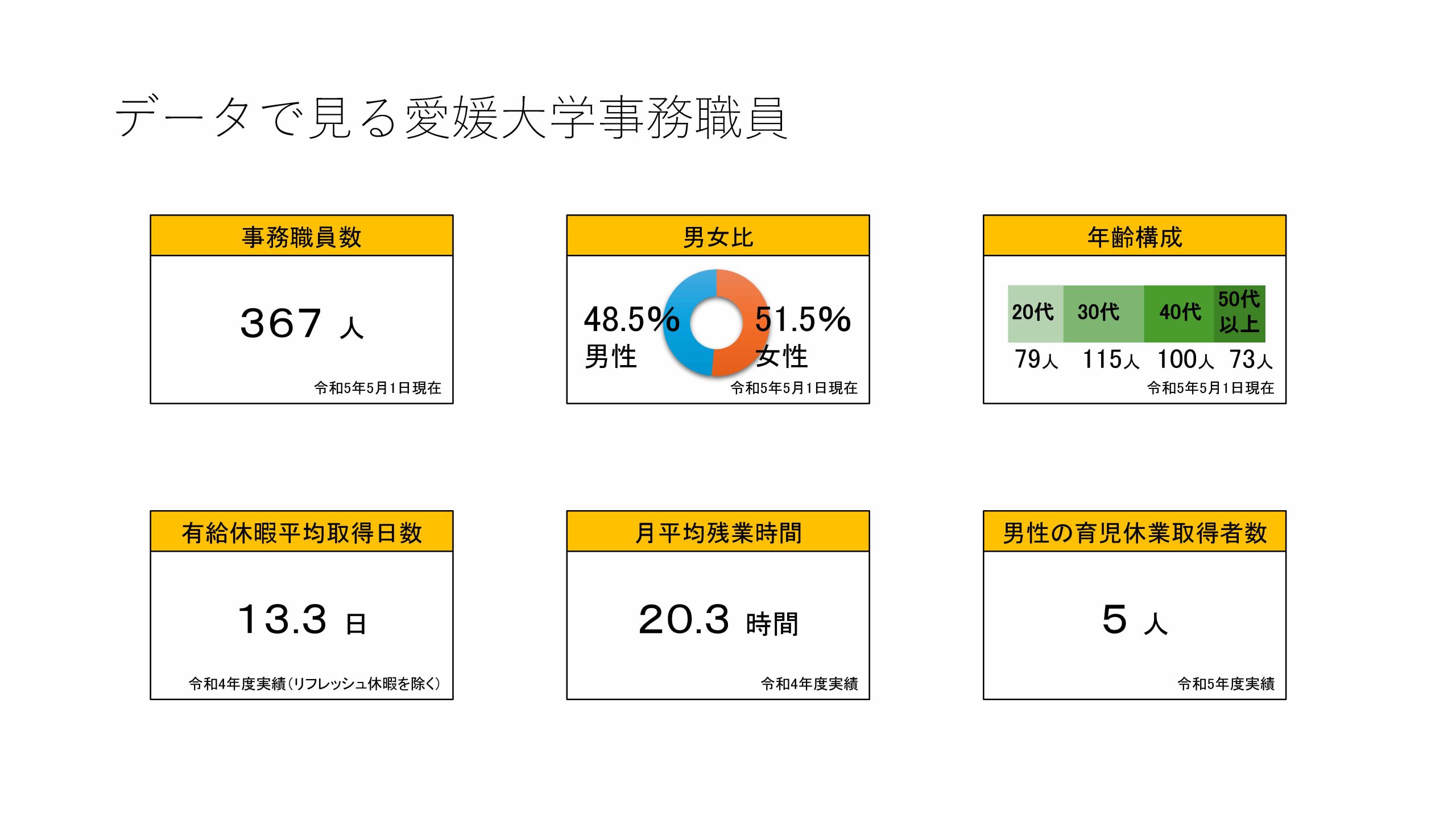
Ehime University staff are good here!
